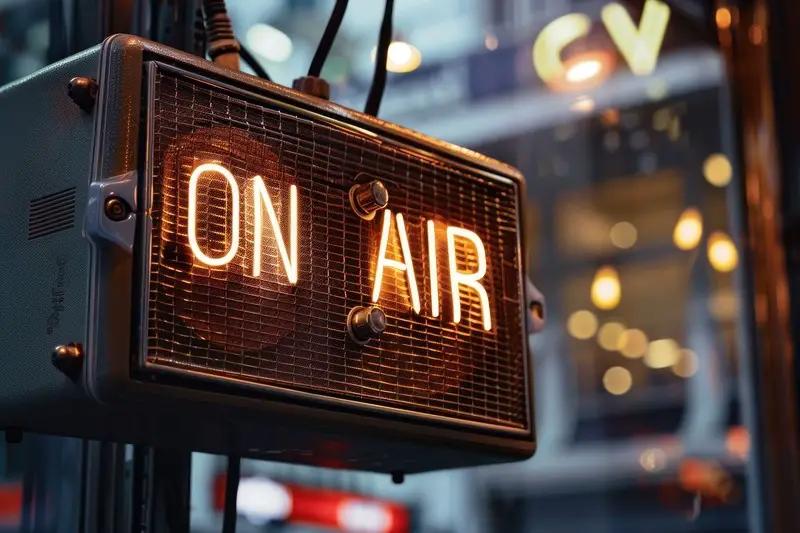The Washington Post dismissed columnist Karen Attiah last week following her social media posts about the assassination of conservative activist Charlie Kirk, according to a statement Attiah published on Monday. The termination occurred amid a wave of employment actions taken against workers who publicly commented on Kirk’s death during a speech at Utah Valley University on Wednesday, September 11, 2025.
Attiah stated in a Substack post that the Washington Post terminated her employment after she spoke against political violence, racial double standards, and gun culture in America. She noted that she referenced Kirk only once in a separate social media post. The newspaper’s spokesperson declined to comment on personnel matters when contacted by CBS News.
The firing represents a significant development for Attiah, who had been promoted to staff columnist in June 2021 as part of the Post’s Voices Across America initiative. She previously served as the newspaper’s founding Global Opinions editor and was responsible for recruiting slain journalist Jamal Khashoggi to the publication before his death.
Attiah’s termination follows a controversial history with the publication regarding her social media presence. In June 2020, she faced significant backlash for posting on Twitter that white women were fortunate that Black people were calling them “Karens” rather than seeking revenge. The post, which has since been deleted, stated that “White women are lucky that we are just calling them Karens. And not calling for revenge.”
Following that incident, Attiah received threatening messages from individuals who identified themselves as white men. She shared screenshots of texts and emails containing racial slurs and threats of violence. One message warned her that “revenge only begets revenge” and threatened to find her and make an example of her.
Despite the controversy surrounding her 2020 comments, the Washington Post promoted Attiah to columnist the following year. She had been writing on race, international affairs, culture, and human rights topics. Born in Texas to Ghanaian immigrants, Attiah graduated from Northwestern University and later obtained a master’s degree from Columbia University after studying in Ghana on a Fulbright Scholarship.
The current wave of terminations extends far beyond Attiah’s case. Multiple organizations have taken swift action against employees who made public statements about Kirk’s assassination. PHNX Sports fired reporter Gerald Bourguet after he posted that refusing to mourn Kirk was not equivalent to celebrating gun violence. MSNBC severed ties with analyst Matthew Dowd following on-air comments about incendiary speech leading to violent actions.
Federal agencies also responded decisively. The U.S. Secret Service placed an agent on administrative leave for expressing negative opinions about Kirk, while United Airlines took action against employees who publicly commented on the killing. Transportation Secretary Sean Duffy praised United’s decision to remove pilots from service, emphasizing the importance of public trust in aviation safety.
Legal experts indicate that private employers have broad authority to terminate workers for public statements deemed harmful to company reputation. Workplace attorney Marjorie Mesidor explained that private companies can generally fire employees for public comments, including political ones, if those statements potentially damage the business or violate workplace policies.
The Washington Post’s social media policies require that journalists’ use of social platforms not harm the publication’s editorial integrity or journalistic reputation. The company has not issued any public statement regarding Attiah’s termination or the circumstances surrounding her dismissal.
Additional organizations taking action include Middle Tennessee State University, which fired an employee for social media comments about Kirk’s death, and Nasdaq, which dismissed a worker for policy violations related to posts about the shooting. These actions reflect a broader trend of employers moving quickly to distance themselves from controversial employee statements in politically charged situations.
The widespread employment consequences highlight the limited First Amendment protections available to private sector workers, as constitutional free speech rights generally do not apply to private employment relationships. Most workers remain employed at-will, allowing termination for reasons beyond illegal discrimination or retaliation.
